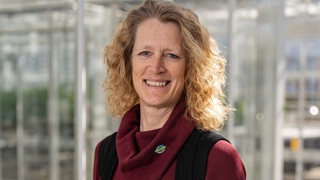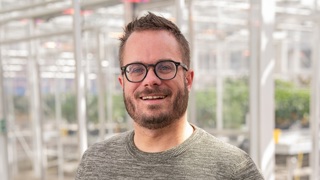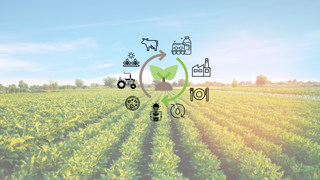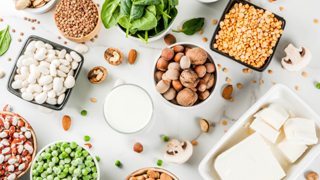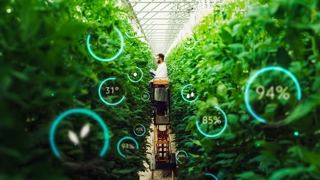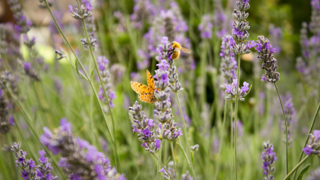The Animal Welfare and Technology professorship works closely with three farms where we offer practical training and perform research projects:
Hoeve Boveneind
Hoeve Boveneind dairy farm is owned and run by Wilfred de Bruijn. Here, HAS green academy can link the cows’ behaviour and activity using neck and leg tags to their location using positioning technology from Nedap. Together with the other data collected at the farm, this information offers a wealth of opportunities for this research group to perform practical research. Research at Hoeve Boveneind studies a wide range of topics including heat stress, health around calving, lameness and social interaction in the herd.
Pels Melkvee
Research performed by HAS green academy at the Pels dairy farm focuses primarily on health and behaviour of the dairy cows, indoors as well as on pasture. The cows are monitored via the neck tags and the Body Condition Score Camera from Delaval. Example projects at the farm are the study into ketosis and health around calving, social behaviour and hierarchy in the group, and Body Condition Scores in the cows.
Berkhout Varkens
Berkhout Varkens in Sint-Oedenrode is a true family-run farm. The van den Berkmortel family operates a closed farm system, including rearing their own mother pigs, in compliance with the Better Life quality label criteria. Students of the Animal Husbandry and Applied Biology study programmes go on field trips to this farm as well as carrying out research projects there. In this farm, we are studying behaviour and health of sows with piglets, weaned piglets and fattening pigs, and an example project is the use of a Cough Monitor system to monitor lung health of pigs.










